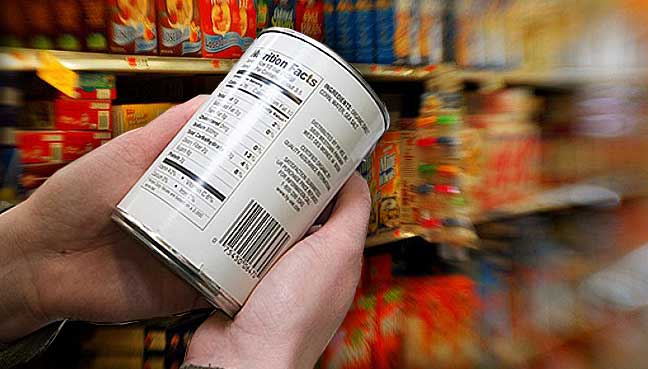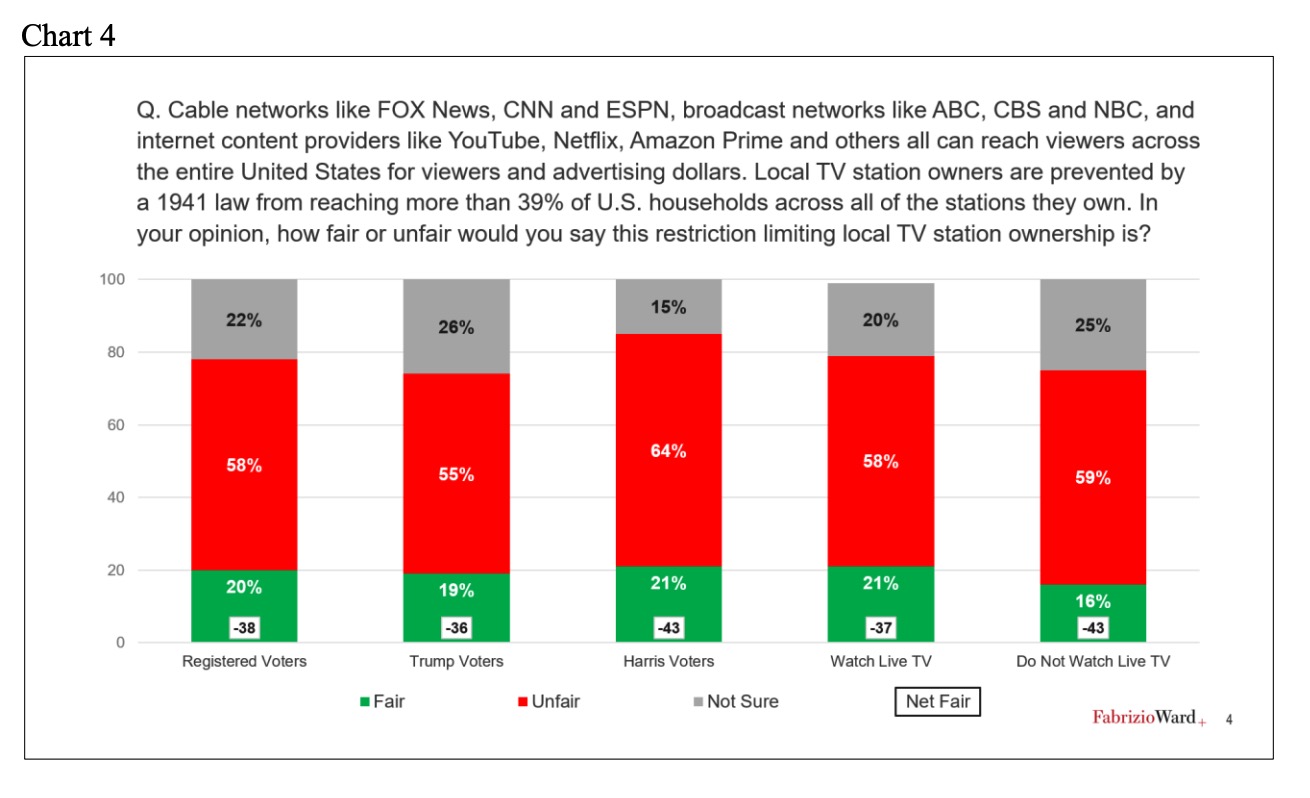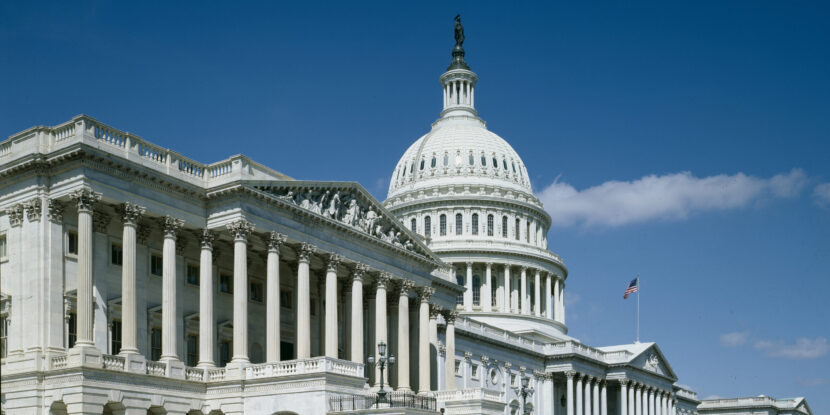A study conducted by the University of Liverpool observed that mandatory calorie labeling in restaurants and cafes in England has not significantly altered consumer eating habits. The government implemented this measure in April 2022 as part of an initiative aimed at encouraging healthier dining choices under its national obesity strategy.
The study, published in the journal Nature Human Behaviour, assessed more than 6,500 patrons in 330 diverse food venues, including cafes, fast-food outlets, pubs, and sit-down restaurants. The researchers sought to gauge changes in calorie consumption, the extent of customer awareness and utilization of calorie details, and comprehension of calorie content in meals, both prior to and following the implementation of labeling.
Despite the intention behind the policy, the study identified “no meaningful decrease” in the caloric intake from restaurant meals after the introduction of mandatory calorie information. Awareness of calorie content did increase with those noticing the information rising from 16.5 percent before the policy’s enactment to 31.8 percent afterward. However, only 22 percent of patrons reported using calorie information to make meal choices, and data indicated higher use among women, older adults, and individuals from higher socioeconomic groups.
Lead researcher Dr. Megan Polden noted that merely implementing calorie labeling did not foster significant dietary improvements in dining-out contexts. Meanwhile, Professor Eric Robinson highlighted issues with business compliance, noting that several establishments did not adhere strictly to the labeling requirements. He suggested that supplementary measures such as enhanced compliance initiatives, public education on calorie consumption, and clearer labeling could be pivotal in promoting healthier food selection among consumers.




















